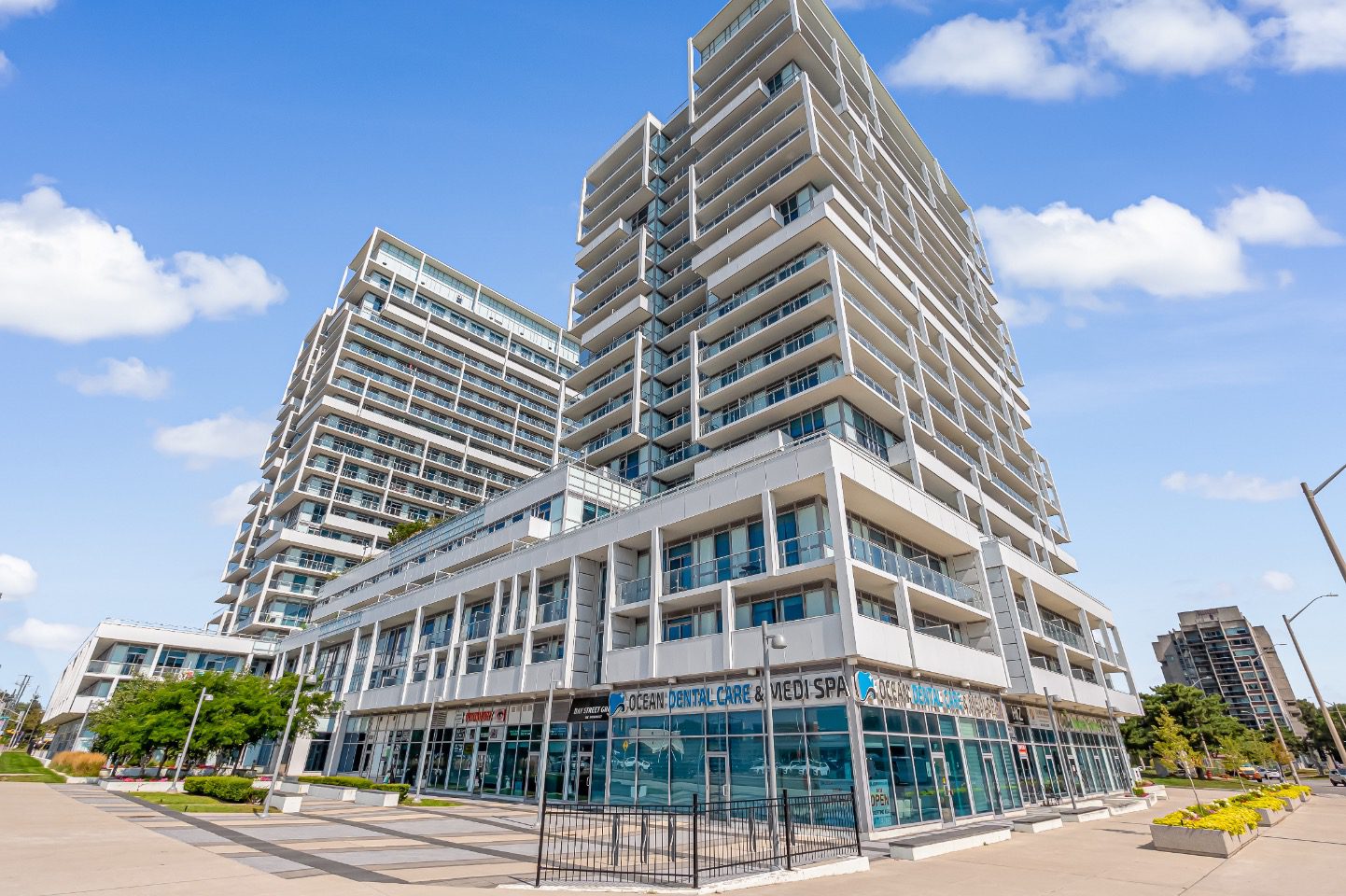When it comes to buying a home in Canada, one of the first decisions prospective homeowners face is whether to purchase a condominium (condo) or a freehold property. Both options have their unique features, benefits, and drawbacks. Understanding these differences is essential for making an informed decision that aligns with your lifestyle and financial goals.
What is a Condo?
A condominium is a type of property where individual units are owned by different people, while common areas (like hallways, gyms, and outdoor spaces) are collectively owned by all unit owners through a condo association. This means that when you buy a condo, you own your specific unit but share ownership of the common areas.
Pros of Condo Living
- Lower Maintenance Responsibilities: One of the biggest advantages of condo living is the reduced maintenance burden. The condo association takes care of exterior maintenance, landscaping, and amenities, allowing residents to enjoy their home without the hassle of upkeep.
- Amenities: Many condos come with shared amenities such as swimming pools, fitness centers, and party rooms. These features can enhance your living experience and provide entertainment options without the extra cost.
- Security: Condos often have enhanced security features like gated access, surveillance cameras, and on-site security personnel, providing peace of mind for residents.
- Location: Condos are frequently situated in urban areas, making them ideal for those who prefer to live close to work, shopping, and entertainment.
Cons of Condo Living
- Condo Fees: While maintenance is easier, it comes at a cost. Condo owners pay monthly fees that cover maintenance, repairs, and amenities. These fees can increase over time, affecting your budget.
- Rules and Regulations: Living in a condo means adhering to the rules set by the condo association. These can include restrictions on pet ownership, noise levels, and modifications to your unit.
- Limited Control: Because you share ownership of common areas, decisions about maintenance and improvements are made collectively, which can sometimes lead to frustrations if you disagree with the majority.
What is a Freehold Property?
A freehold property, on the other hand, is a piece of land and the structure on it that is owned outright by an individual. This includes single-family homes, townhouses, and more, allowing for greater autonomy in terms of property management.
Pros of Freehold Properties
- Complete Control: Freehold homeowners have full control over their property. You can make renovations, landscaping changes, and other modifications without needing permission from a governing body.
- No Monthly Fees: Unlike condos, freehold properties do not have monthly condo fees. While you’ll be responsible for maintenance and repairs, you won’t have to worry about rising fees associated with a condo association.
- More Privacy: Freehold homes typically offer more privacy than condos, as you won’t have shared walls or common areas with neighbors.
- Land Ownership: When you buy a freehold property, you own the land as well. This can be an attractive aspect for those looking to invest in real estate, as land can appreciate in value over time.
Cons of Freehold Properties
- Maintenance Responsibilities: Owning a freehold property means you’re responsible for all maintenance and repairs. This includes landscaping, snow removal, and any repairs needed on the property.
- Potentially Higher Costs: While you don’t pay condo fees, the costs associated with maintenance, property taxes, and utilities can be higher for freehold properties, especially larger homes.
- Less Access to Amenities: Freehold properties typically do not come with the shared amenities that condos offer. If you desire features like a gym or pool, you may need to join a nearby facility.
Making Your Decision
Choosing between a condo and a freehold property depends on various factors, including your lifestyle, financial situation, and future plans. Here are a few questions to consider:
- What is your budget? Calculate not just the purchase price but also ongoing costs like maintenance and utilities.
- How much maintenance are you willing to handle? If you prefer a low-maintenance lifestyle, a condo may be more suitable.
- What kind of community do you want? Consider whether you prefer a more communal living experience or the privacy of a standalone home.
- What are your long-term plans? If you envision settling down and making significant changes to your property, a freehold might be the better choice.
In conclusion, both condos and freehold properties offer distinct advantages and challenges. By carefully considering your needs and preferences, you can make a choice that best fits your lifestyle and goals in the Canadian real estate market. Whether you choose the convenience of a condo or the freedom of a freehold, both can provide a wonderful place to call home.




